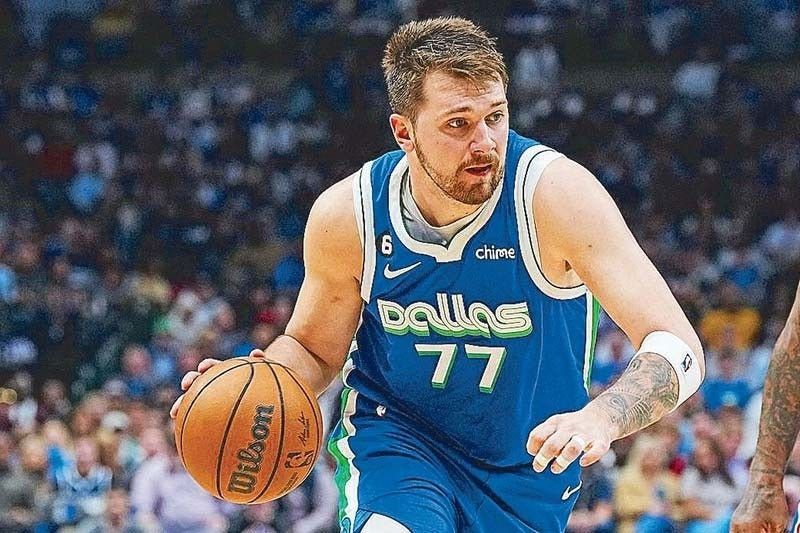Changing times in hoops

The times, they are changing in basketball. Basketball fans expressed incredulity when Real Madrid beat the Dallas Mavericks, 127-123 in a preseason tune-up a few days ago. Granted, Luka Doncic only played five minutes, Kyrie Irving was not available, and second-stringers filled the Mavs’ roster, but this isn’t supposed to happen. Given how Team USA – composed entirely of NBA players – threw away what was left of the myth of American basketball supremacy in the FIBA World Cup, you’d expect some fightback. It didn’t happen.
A European team beating an NBA counterpart is not that uncommon. Historically, there have been at least seven other EuroLeague teams which have beaten NBA teams. On Sept. 7, 1978, Maccabi Tel Aviv, the previous year’s European champion became the first international team to beat an NBA squad. In Israel, they defeated no less than the defending league champion Washington Bullets. The trip was actually a reward for their players, who had won the franchise’s first (and only) championship exactly three months before. The home team, meanwhile, prepared for the game for two weeks. The hosts held an 11-point lead at halftime, and a 13-point lead going into the last 10 minutes. Maccabi Tel Aviv also beat the New Jersey Nets and Phoenix Suns in 1984. They were also the first to beat an NBA team on North American soil, overcoming the Toronto Raptors in Toronto in 2005.
Since Maccabi Tel Aviv, six other Euro franchises have beaten NBA teams. It’s happening at an accelerated rate. And as we saw in the recent FIBA World Cup, a hastily-assembled American squad doesn’t stand up to disciplined teamwork and outstanding outside shooting, as it lost against Lithuania.
What does this mean for basketball in general? Perhaps it is a sign that the NBA needs to take a closer look at why they’re importing more and more European players, instead of just bringing them in blindly. Since 2019, an average of two to three players from outside the United States have been part of the All-NBA First Team each year. That is a disproportionately high representation of the percentage of European players in the league.
Locally, there is some discussion for the Samahang Basketbol ng Pilipinas to skew its future basketball programs towards European style of play. The national men’s team scrimmaged against European franchises building up to the World Cup. Coincidentally, the International Basketball University (IBU) has set up shop in the Philippines, and would be very interested in partnering with the SBP in teaching Euro ball in the country.
“That’s a nice idea. Let’s clarify the roles each side would have. We would be happy to help,” says Dr. MIndaugas Balciunas, CEO of the IBU and secretary-general of the Lithuanian Basketball Federation. Balciunas, who is a Doctor of Basketball Science, has been able to recruit the most knowledgeable experts from the continent, like head coaches of Spain, Finland and, of course, Lithuania.
Perhaps the stars are aligning to guide the Philippines to a better basketball future, adapting ahead of the US, which imported the sport here in the first place.
- Latest
- Trending




























